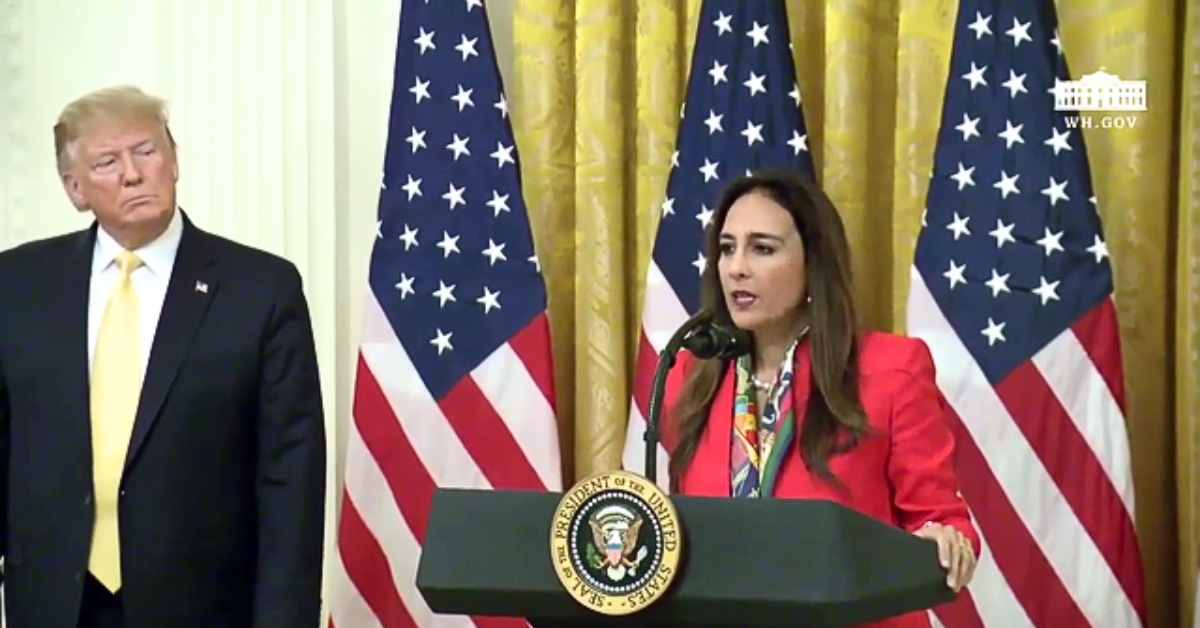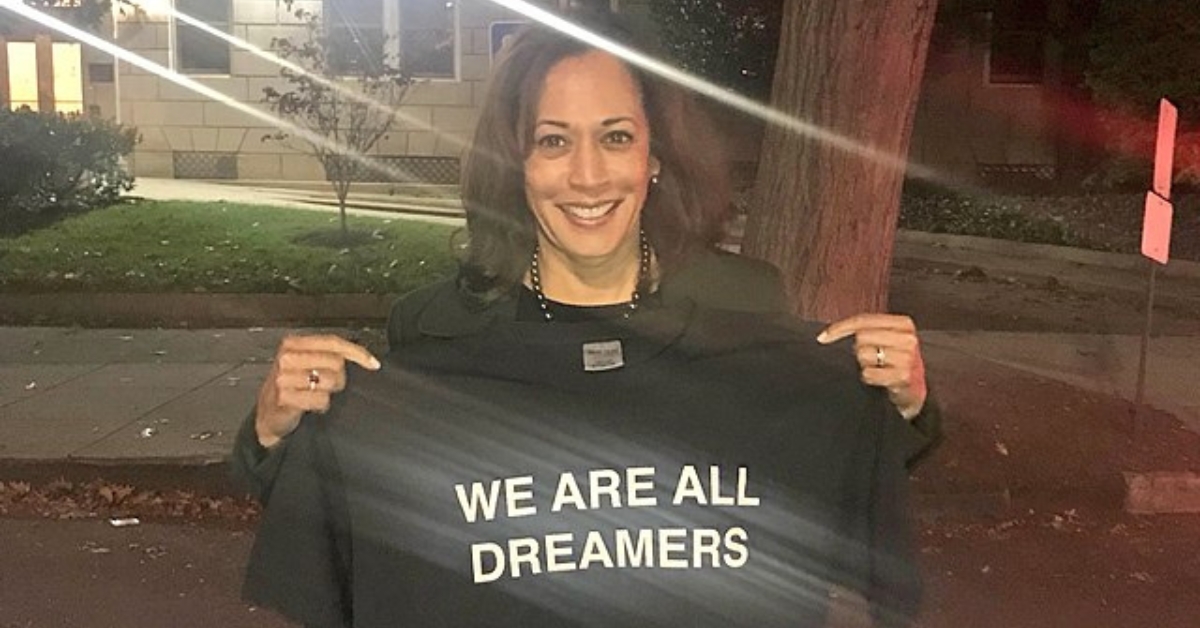
House Passes Bill to Prevent Noncitizens from Voting
On Wednesday, the House of Representatives passed the Safeguard American Voter Eligibility (SAVE) Act, a pivotal piece of legislation designed to shore up the sanctity of our federal elections. This Act mandates that states confirm citizenship before registering voters and purges non-citizens from the rolls, setting penalties of up to five years in prison for election officials who fail to comply. Despite its passage with bipartisan support in the House, it faces a steep uphill battle in the Senate, dominated by Democrats who have historically opposed voter identification laws.
The Democratic resistance to such common-sense measures is telling. They decry the requirement of proof of citizenship as “discriminatory” and “rooted in fear,” yet fail to provide substantive counterarguments. Their opposition, draped in the language of inclusivity, neglects the basic premise of secure elections—ensuring that every vote cast is legitimate. If the SAVE Act makes it through the Senate, Biden has promised a veto, starkly illustrating the extremes to which Democrats will go to erode the foundations of electoral integrity.
House Minority Leader Hakeem Jeffries lambasts the SAVE Act as an “extreme MAGA Republican voter suppression bill,” aimed not at protecting, but at hindering the democratic process. Yet, this narrative crumbles under the weight of evidence suggesting that voter fraud is a real and present risk that must be addressed to maintain electoral integrity.
The demonization of voter ID laws by Democrats as inherently racist is a cynical ploy that insults the intelligence and capabilities of American citizens of all backgrounds. The claim that such laws are modern-day Jim Crow statutes is a gross mischaracterization that ignores the broad support for these measures among all racial groups who simply want to ensure that their elections are fair and free from fraud.
The opposition’s argument that these laws are a relic of a bygone era of suppression is not only historically disingenuous but also harmful to the democratic institutions they purport to protect. The time has come for a rational discourse on voter laws that prioritizes the integrity and trust in our electoral system over partisan advantage. As this bill moves to the Senate, one must hope for a shift towards a more security-focused approach to voting—a fundamental pillar of our democracy.














